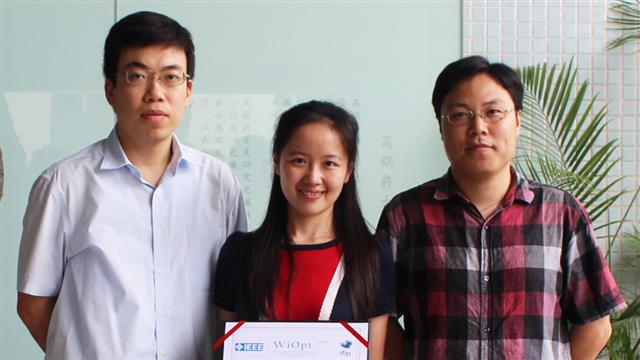The Network Communications and Economics Lab led by Prof. Huang Jianwei, Department of Information Engineering, has recently proposed a novel information market model for utilizing idle TV white space spectrum.
Driven by the explosive growth in smartphones and bandwidth-hunger applications, radio spectrum is becoming an increasingly scarce resource. It is becoming increasingly challenging for the current 3G/4G cellular network to fully satisfy the fast growing demands. Many countries have been trying to utilize the unused or under-utilized TV broadcast frequency channels (TV white space) to provide the so-called super Wi-Fi services.
Comparing with today's traditional Wi-Fi technology, super Wi-Fi can extend the coverage to several to tens of kilometers with better transmission data rates.
However, in contrast to the fast technology development of TV white space networking, the development of business models for this new network architecture is significantly lagging behind. Obviously, the lack of full understanding of such a business model will hamper the commercialization of TV white space network. Through the study of new business models of TV white space networks, Professor Huang and his team hope to increase the utilization of TV white space, provide new business opportunities to wireless service providers, and reduce the cost for the wireless consumers.
This work won the Best Paper Award in IEEE WiOpt 2014, a single-track leading wireless conference focusing on modeling and optimization of wireless networks.
For details, please click here.


